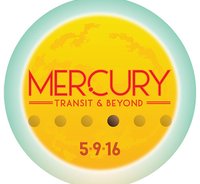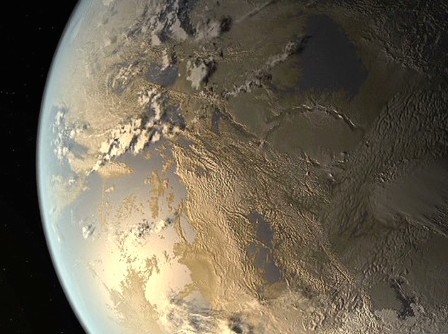
A transit, which is the passage of a planet across the face of the sun, is a relatively rare occurence. As seen from Earth, only transits of Mercury and Venus are possible. And yet transits of extrasolar planets across the face of their host stars is exactly how researchers have detected the existence of some 1500 planets already identified outside our solar system.
This talk will begin by reviewing the morning UCR-sponsored solar telescope viewing event of the transit of Mercury, which is visible from California for the first time since 2006 (and won’t be visible again until 2019). Over the past few centuries, observing these transits of planets inside our solar system has been essential for understanding the separation between the planets.
Over the past few decades, observing transits outside of our Solar System has led to the discovery of exoplanets, many of which show remarkable diversity compared with our own Solar System. Kane will also describe how planetary transits have led to the discovery of thousands of new planets and revolutionized our view of the universe. Along the way, he will describe planets that may have the potential for habitability and will discuss a pathway for testing the planetary properties that create habitable conditions.
 Extreme Volcanism: Large Igneous Provinces, Environmental Catastrophes, and Mass Extinctions
Extreme Volcanism: Large Igneous Provinces, Environmental Catastrophes, and Mass Extinctions It's a Gas! A New Look at the Role of Iron in the Ancient Greenhouse
It's a Gas! A New Look at the Role of Iron in the Ancient Greenhouse Analyzing Alien Worlds: A Multidisciplinary Approach to Characterizing Exoplanets
Analyzing Alien Worlds: A Multidisciplinary Approach to Characterizing Exoplanets